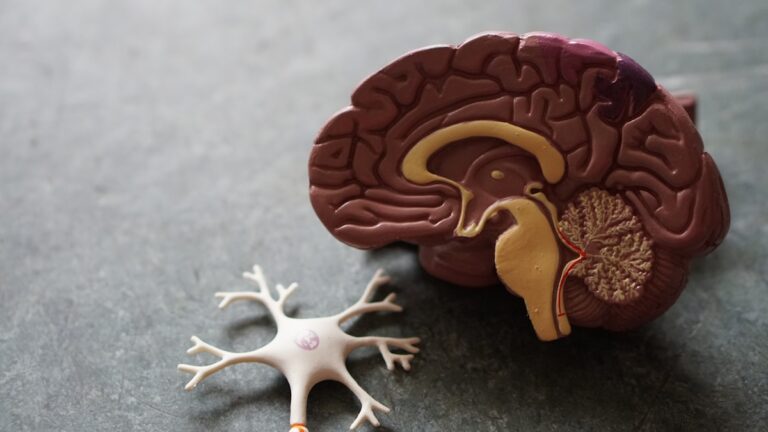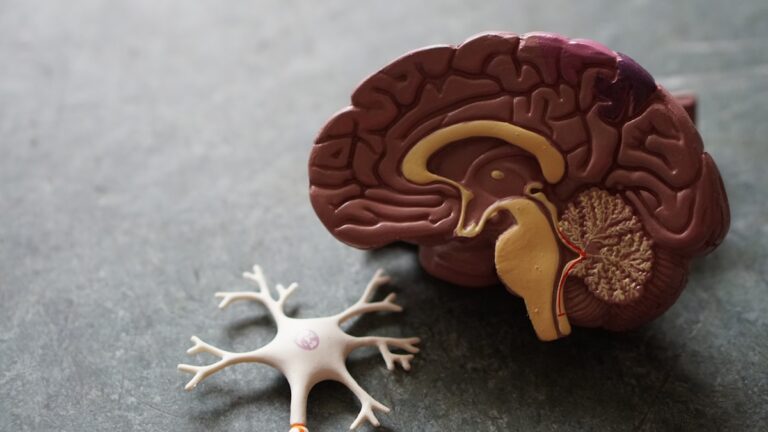Alzheimer’s disease is a term that is becoming increasingly familiar in today’s society. With an aging population, the prevalence of this neurodegenerative disease is on the rise. According to the Alzheimer’s Association, it is estimated that 5.8 million Americans are currently living with Alzheimer’s, and that number is expected to rise to 14 million by 2050.
While there is no definite cause for Alzheimer’s, research suggests that family history may play a significant role in a person’s likelihood of developing the disease. In fact, studies have shown that individuals who have a first-degree relative (parent or sibling) with Alzheimer’s are at a higher risk of developing it themselves.
But how exactly does family history influence your chances of developing Alzheimer’s? In this article, we will explore the connection between genetics and Alzheimer’s and discuss what steps you can take to reduce your risk.
Understanding Alzheimer’s Disease
Firstly, let’s take a closer look at what Alzheimer’s disease actually is. It is a progressive brain disorder that affects memory, thinking, and behavior. It is the most common cause of dementia, accounting for 60-80% of all cases. Dementia is a general term for a decline in cognitive functioning that interferes with daily life.
Alzheimer’s is characterized by the presence of amyloid plaques and tau tangles in the brain. These abnormal protein deposits disrupt the communication between brain cells, leading to their eventual death. As the disease progresses, the brain shrinks in size, affecting memory, cognition, and eventually basic bodily functions.
The Role of Genetics in Alzheimer’s
Genetics are essentially the instructions that make up our DNA. They determine our physical characteristics like eye color and height, and they also play a crucial role in our health. Our genes are responsible for producing proteins that control various bodily functions and processes.
In most cases, Alzheimer’s is not caused by a single gene mutation, but rather a combination of genetic and environmental factors. However, there are some rare forms of Alzheimer’s that are caused by specific gene mutations, such as the early-onset familial Alzheimer’s disease (FAD). This type of Alzheimer’s is inherited in an autosomal dominant pattern, meaning that if a parent has the gene mutation, there is a 50% chance it will be passed down to their children.
The Apolipoprotein E (APOE) gene has also been linked to an increased risk of late-onset Alzheimer’s. There are three variations of this gene- APOE e2, e3, and e4. While having the e4 variation does not necessarily mean a person will develop Alzheimer’s, it does increase their risk.
Family History and Risk
Having a family history of Alzheimer’s does not guarantee that you will develop the disease, but it does increase your risk. According to the National Institute on Aging, having a first-degree relative with Alzheimer’s increases your risk by about 10-30%. The more relatives you have with the disease, the higher your risk becomes.
It is also important to note that the age at which your family members developed Alzheimer’s can also affect your risk. If your relative developed the disease at an early age, say before 60, then your risk may be higher compared to someone whose relative developed it later in life.
Furthermore, research has shown that certain ethnicities may be more prone to developing Alzheimer’s. For example, African Americans are two times more likely to develop late-onset Alzheimer’s than Caucasians, while Hispanics are one and a half times more likely. This may be due to a combination of genetic and environmental factors.
Reducing Your Risk
While you cannot change your genetic makeup, there are certain lifestyle factors that can help reduce your risk of developing Alzheimer’s. These include:
1. Eating a Healthy Diet: A diet rich in fruits, vegetables, whole grains, and lean protein can help protect your brain. Studies have shown that the Mediterranean diet, which includes these food groups, can significantly reduce the risk of Alzheimer’s.
2. Regular Exercise: Physical activity has been linked to a lower risk of developing Alzheimer’s. Aim for at least 30 minutes of moderate exercise, such as walking or swimming, five days a week.
3. Mental Stimulation: Keeping your brain active through activities like puzzles, reading, and learning new skills can help maintain cognitive function and reduce your risk of Alzheimer’s.
4. Managing Chronic Conditions: Chronic conditions like diabetes, high blood pressure, and heart disease have been linked to an increased risk of Alzheimer’s. Managing these conditions through a healthy lifestyle and medication if necessary can help reduce your risk.
5. Staying Socially Engaged: Maintaining social connections has been shown to have a positive effect on brain health. Joining clubs or volunteering can keep your mind active and reduce feelings of loneliness and isolation.
Conclusion
While family history plays a significant role in one’s likelihood of developing Alzheimer’s, it is not the only factor. Studies have shown that lifestyle factors, such as diet and exercise, can also greatly influence one’s risk. By making healthy lifestyle choices and staying socially active, you can help reduce your chances of developing this debilitating disease. It is also important to stay informed and talk to your doctor about your family history to better understand your risk and take preventative measures.





